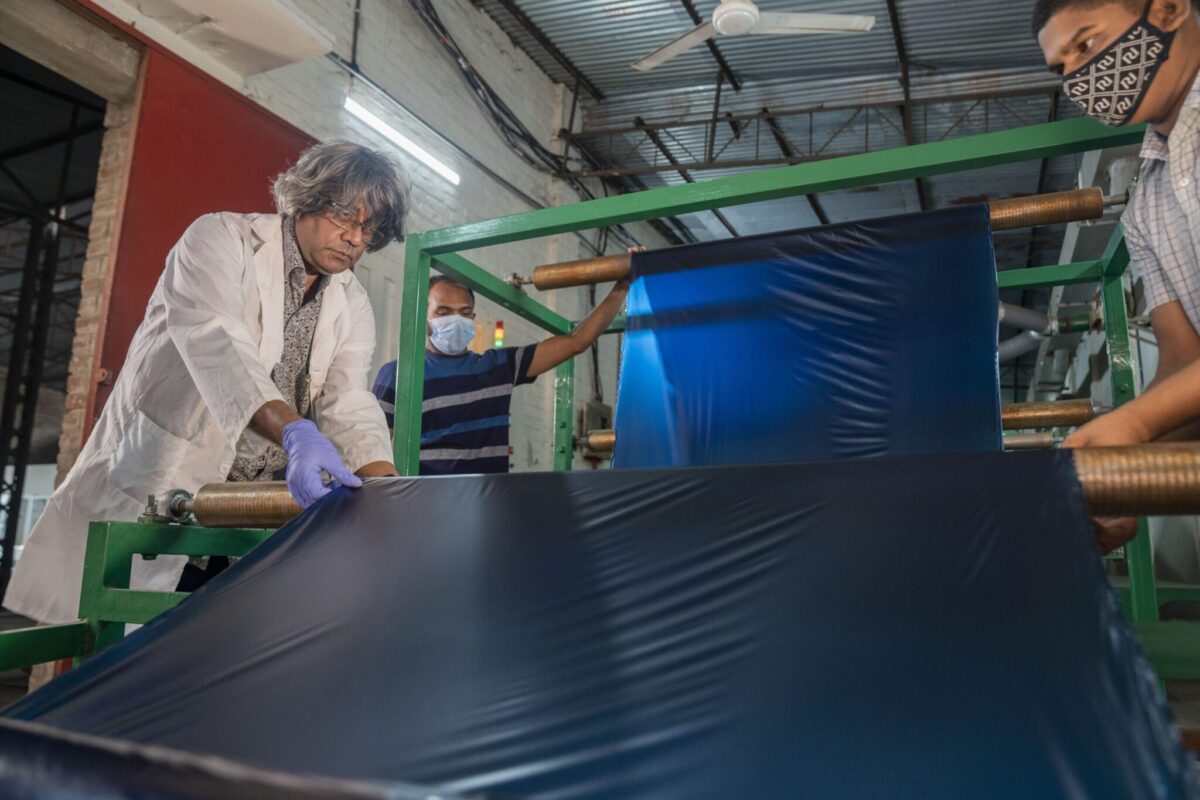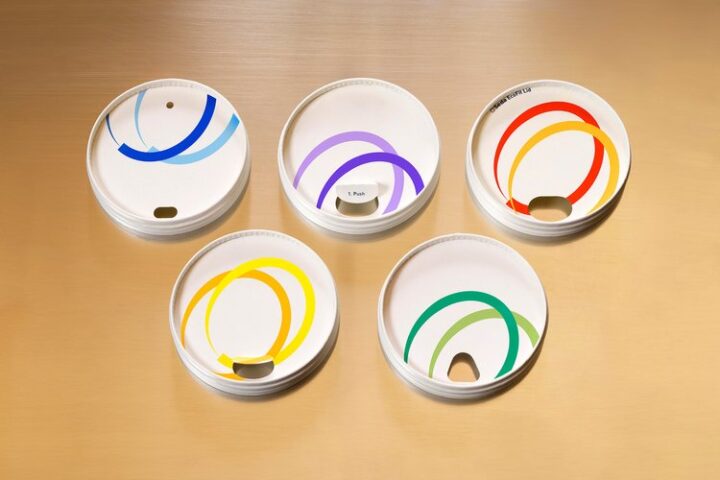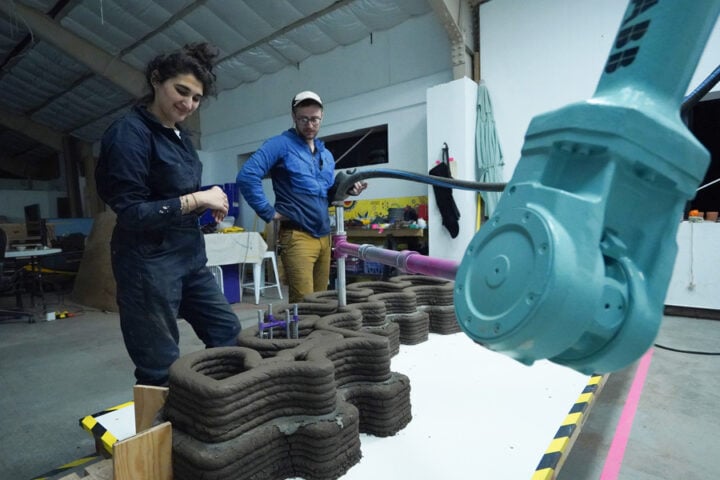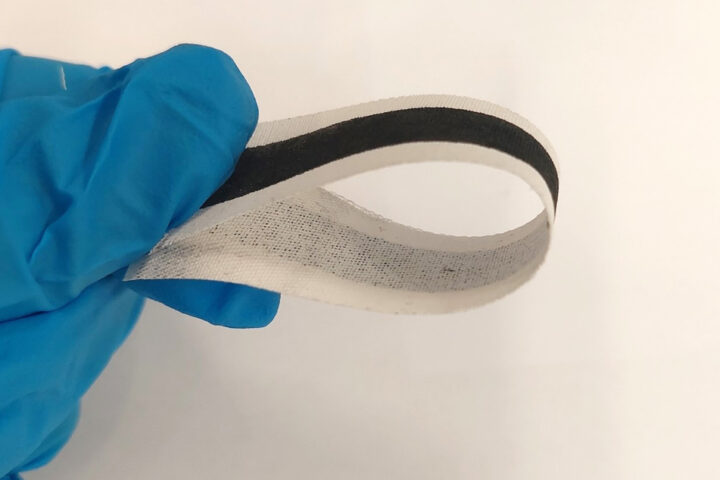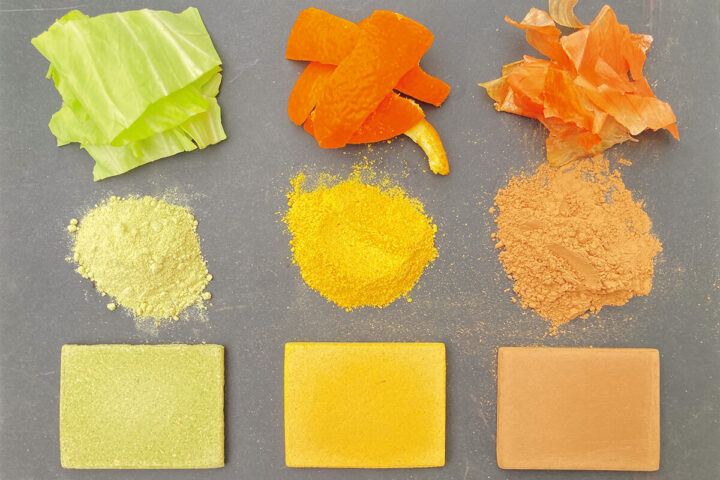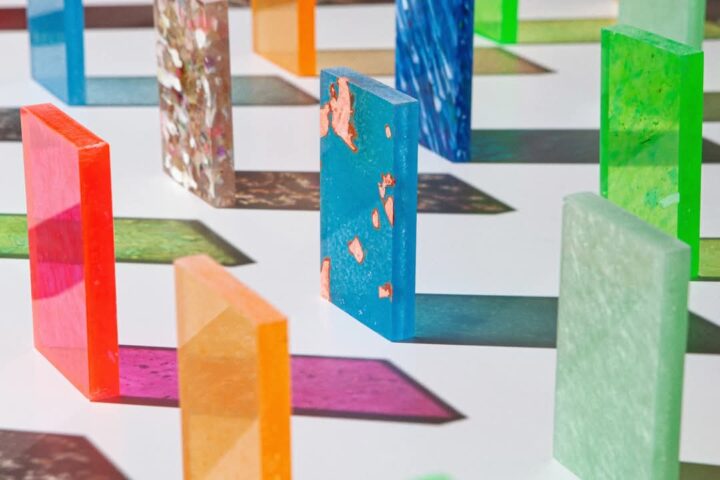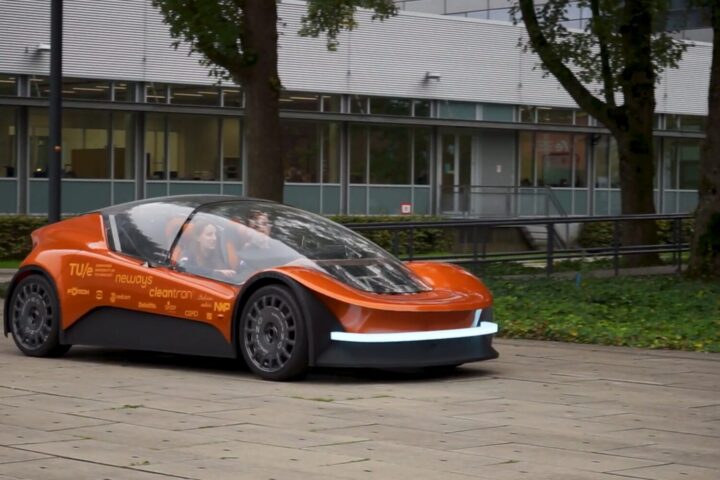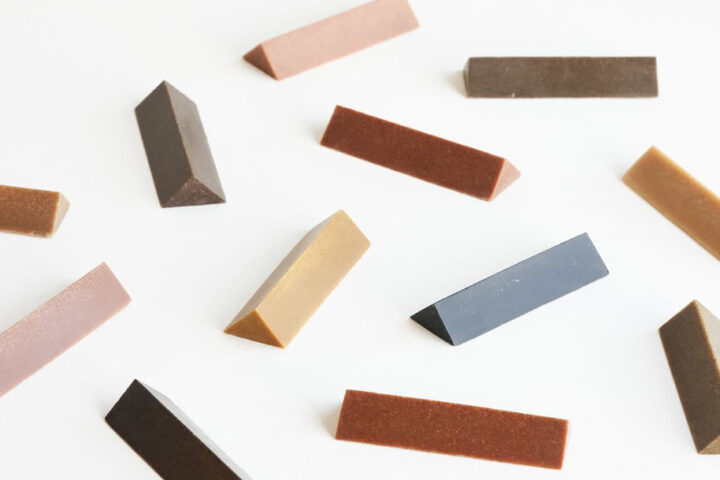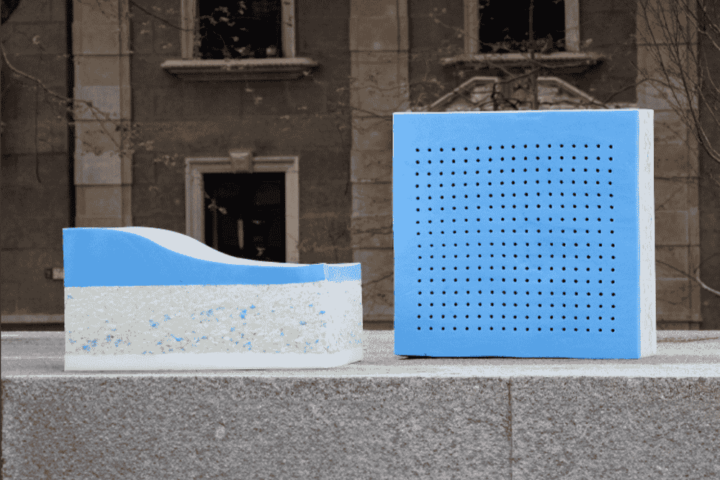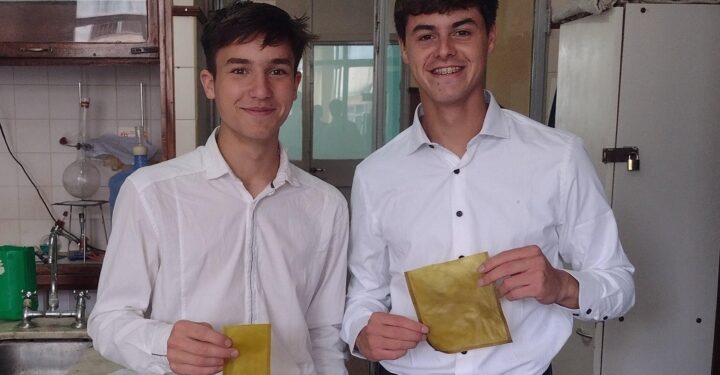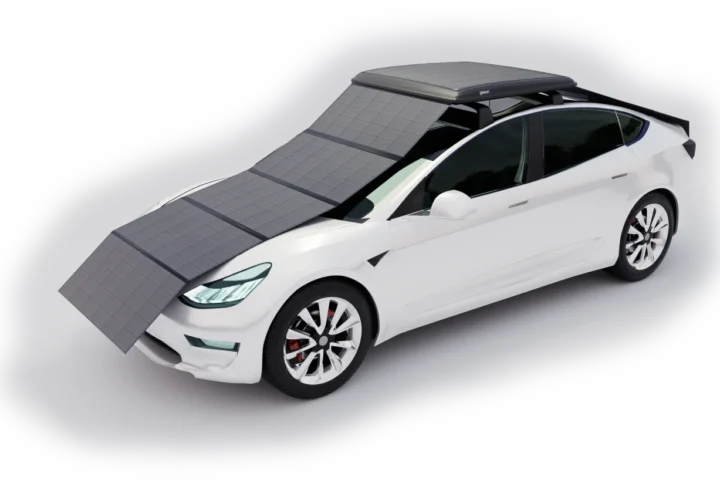Dr. Mubarak Ahmad Khan is currently serving as the Scientific Advisor of Bangladesh Jute Mills corporation (BJMC).
The Sonali Bag is a cellulose-based biodegradable bioplastic, an alternative to plastic bags, more specifically polythene bags. It was developed in Bangladesh by Mubarak Ahmad Khan.

The cellulose used in Sonali Bags is extracted from jute, a long, soft, shiny bast fibre that can be spun into coarse strong threads. Jute is one of the most affordable natural fibers, and second only to cotton in the amount produced and variety of uses. India and Bangladesh are the largest producers of jute in the world and global production of jute is estimated at more than 3.3 million tonnes each year.

Because of environmental concerns Polythene bags were banned in Bangladesh in 2002. The legislation added impetus to the research and development of Natural Fiber Composite (NFC) material as an alternative to polythene.
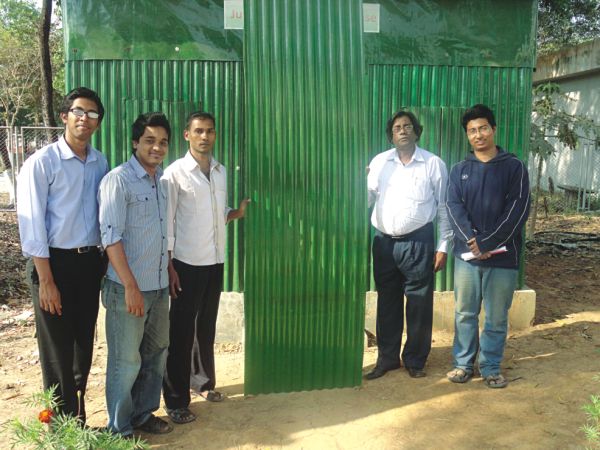
Source – Global Social Venture Competition 2012 Greennovation Technologies
Mubarak Ahmad Khan was then a scientist at Bangladesh Atomic Energy Commission. He collaborated with other researchers from Bangladesh and developed a range of NFC materials in a decades-long effort. Subsequently, in 2018, Bangladesh Jute Mills Corporation (BJMC) started the commercial production of Sonali Bag using a Jute-based NFC developed by Mubarak Ahmad Khan. The product was named “Sonali Bag” (sonali is Bengali for “golden”) by Bangladesh Prime Minister Sheikh Hasina, a nod to jute’s denomination as the ‘Golden Fiber’.
Among his many other discoveries, Khan has created Sonali Bag, Jutin, Helmets and Tiles of which all are made from jute.
